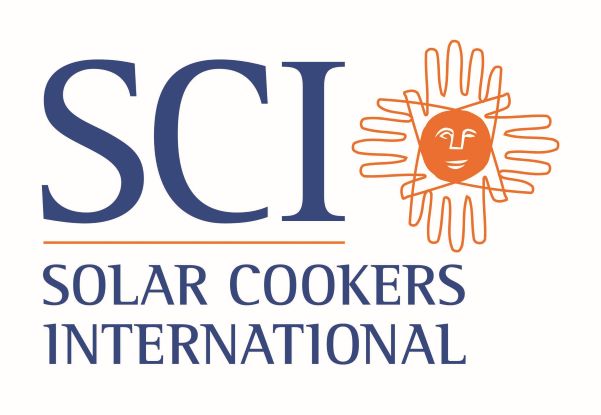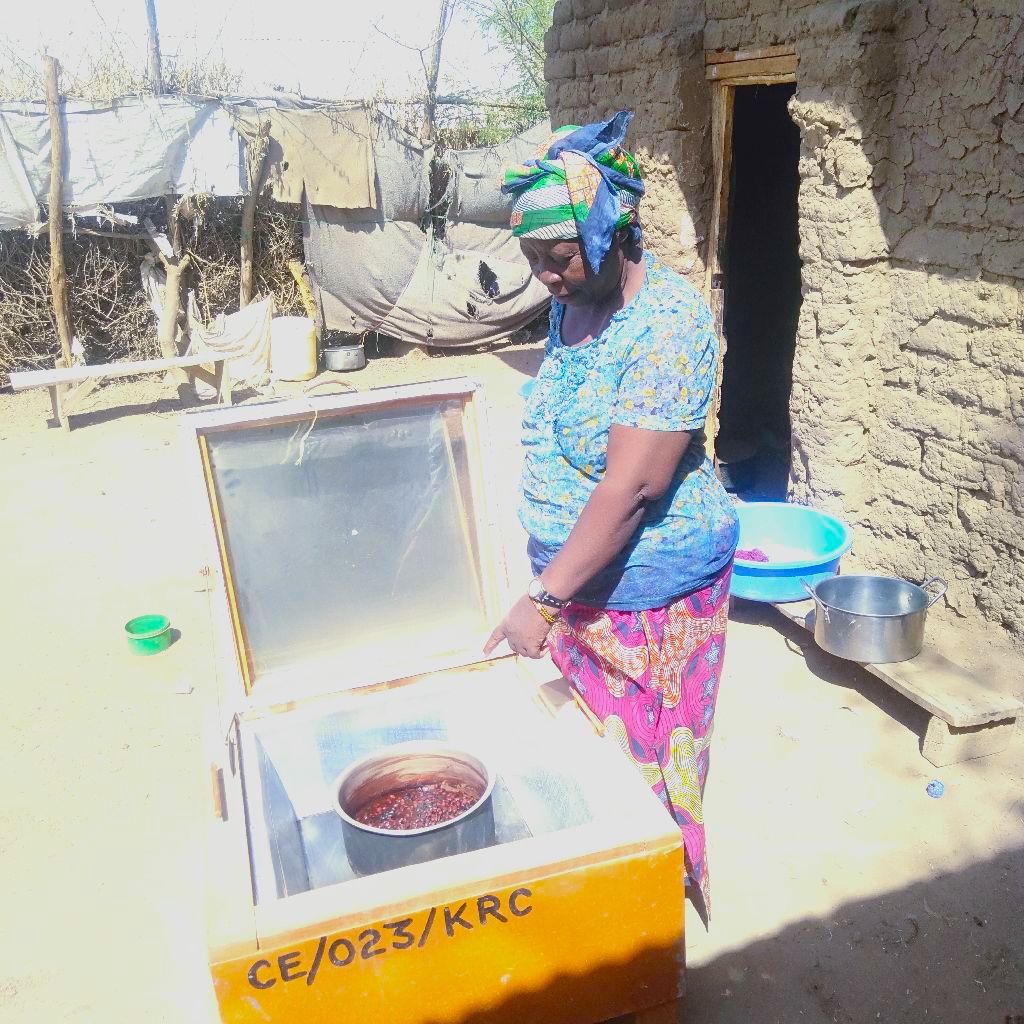Improving lives through solar cooking in Kakuma Refugee Camp
Solar Cookers International (SCI) improves human and environmental health by supporting the expansion of effective carbon-free solar cooking in world regions of greatest need.


Overview of the project
Solar Cookers International (SCI) has implemented solar cooking projects in Kenya, recently focusing its efforts in the Kakuma Refugee Camp.
According to the World Health Organization, 90% of the population in Kenya relies on polluting fuels (i.e.: firewood, dung, charcoal, kerosene) for cooking. However, Kenya has a substantial solar resource and Kakuma has some of the highest insolation values in Kenya, with approximately 300 sunny days/year, positioning it well for solar cooking.
Approximately 2.6 billion people around the globe, including those in Kakuma, cook over open fires with polluting fuels. This results in severe health risks and environmental impacts. The good news is that, unlike most cooking methods, solar cookers produce no greenhouse gas emissions. Solar cooking consists of a thermal process that uses appropriate technology to convert incoming sunlight directly to heat without using complex or costly equipment or electronics. Solar thermal cookers are off-grid, and a solution that can be implemented relatively quickly with no large-scale infrastructure required. Solar cooking is a cross-cutting solution that has a positive impact on all 17 SDGs of the United Nations Agenda 2030.
SCI is increasing solar cooking in Kakuma Refugee Camp to improve lives and mitigate climate change
implementation
Project still in progress
- Distribution of 1,094 solar cookers in Lower Nyatach, Kenya in 2016 and 2017, reaching more than 4,400 people.
- SCI resumed solar cooker initiatives in late 2018 in Kakuma Refugee Camp and has supported the construction and distribution of solar cookers for an additional 1,900+ people.
- 234 box solar cookers have been constructed in Kenya by residents, with locally sourced materials, for use by Kakuma families.
- It is estimated that the solar cookers will avoid 5,229 metric tons of carbon dioxide and serve over 25 million meals over the cookers’ expected lifetime of 15 years.
Solar cooking allows Kakuma residents to breathe cleaner air, drink safer water, and experience increased safety and opportunities for women and children. Biodiversity is improved through decreased deforestation. SCI continues to advocate for the adoption of emissions-free solar cooking in Kakuma and around the globe to empower women and their families to live healthier and sustainable lives.
SCI receives generous support from individual donors and family foundations to fund solar cooking projects in Kenya and around the world.
organisation
Solar Cookers International (SCI) improves human and environmental health by supporting the expansion of effective carbon-free solar cooking in world regions of greatest need. SCI leads through advocacy, research, and strengthening the capacity of the global solar cooking movement.
SCI works with Ecomandate Foundation, a registered community-based organization in Kenya with solar cooker expertise and experience, to implement the ongoing solar cooking project in Kakuma Refugee Camp. SCI emphasizes and applies best practices in project development and project monitoring and evaluation. Ecomandate Foundation brings hands-on, local experience and they are part of the community, know local customs and practices, and speak the local languages.





